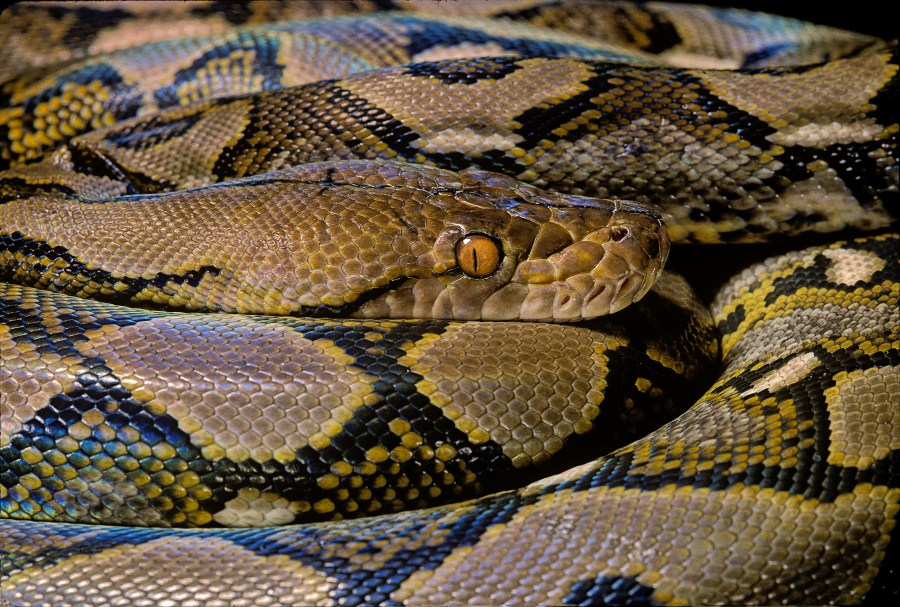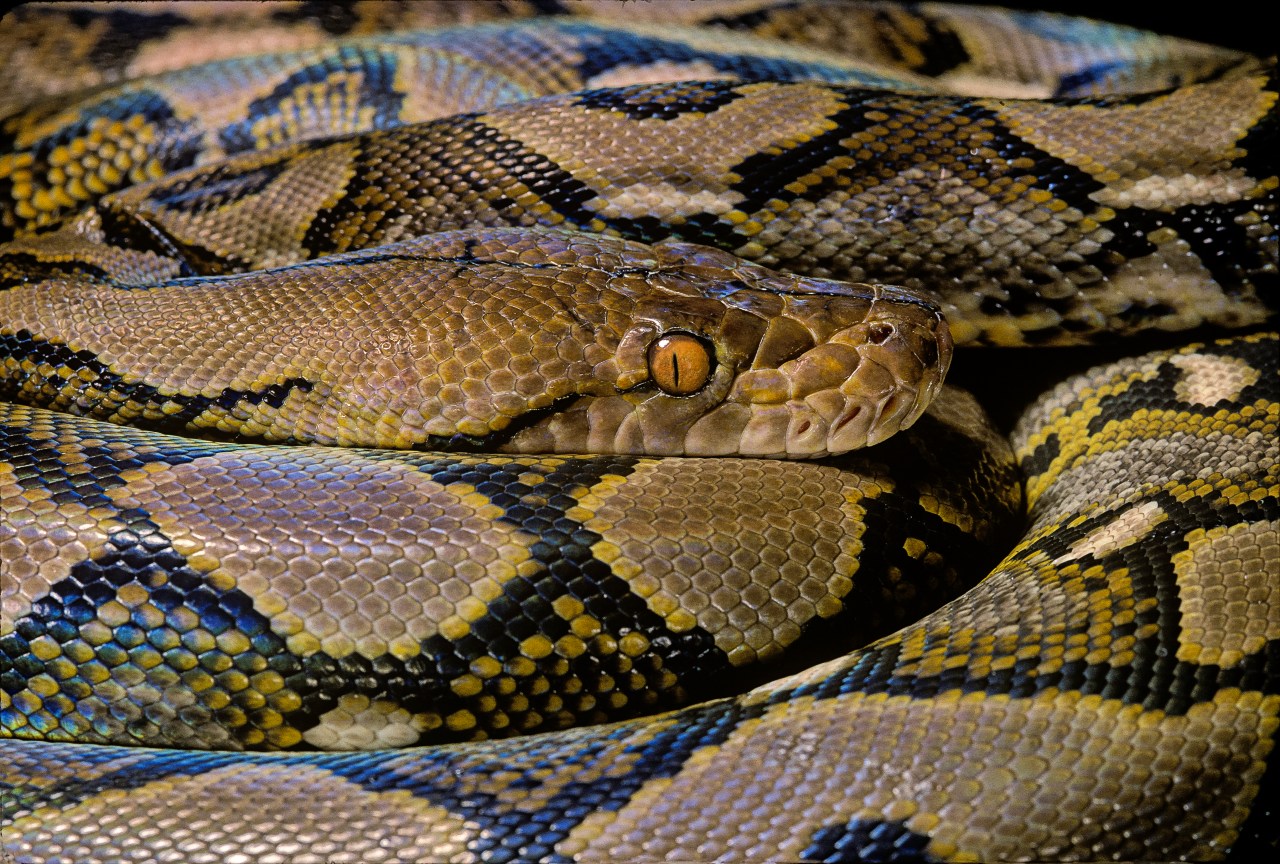[ad_1]

(NewsNation) — Pythons could become a sustainable source of meat amid rising food insecurity worldwide exacerbated by climate change, according to some researchers.
A study published in the Scientific Reports journal found the snake’s meat to be a highly efficient, environmentally friendly source of nutrition that can be raised on waste proteins.
Dr. Daneil Natusch, a co-author of the study, explained that python farming looks promising because the snakes appear to be better suited for food production in the short term.
“In terms of food and protein conversion ratios, pythons outperform all mainstream agricultural species studied to date,” Natusch said in a statement. “We found pythons grew rapidly to reach ‘slaughter weight’ within their first year after hatching.”
Researchers studied two large python species over 12 months on farms in Thailand and Vietnam. In those countries, snake farming operations are currently in place and snake meat is considered a delicacy, as it is more efficient to raise than other livestock.
Researchers who studied more than 4,600 pythons found that Burmese and reticulated pythons grew rapidly in their first year. Additionally, they found that pythons required less food in comparison to feed conversion than chicken, beef, pork, salmon and crickets.
According to the study, snakes were fed a mix of locally sourced food, including wild-caught rodents, pork byproducts, and fish pellets, gaining up to 1.6 ounces a day. Females grew faster than male counterparts.
Researchers report the snakes fasted for long periods without losing much body mass, meaning they required less labor for feeding than traditionally farmed animals.
“Snakes require minimal water and can even live off the dew that settles on their scales in the morning. They need very little food and will eat rodents and other pests attacking food crops. And they were a delicacy, historically, in many places,” Natusch said.
Natusch ate snake barbecued, sautéed on skewers, in curries and as jerky during his research and described the taste as similar to chicken, but more gamy, The Washington Post reports.
[ad_2]
Source link

Leave a Reply
You must be logged in to post a comment.